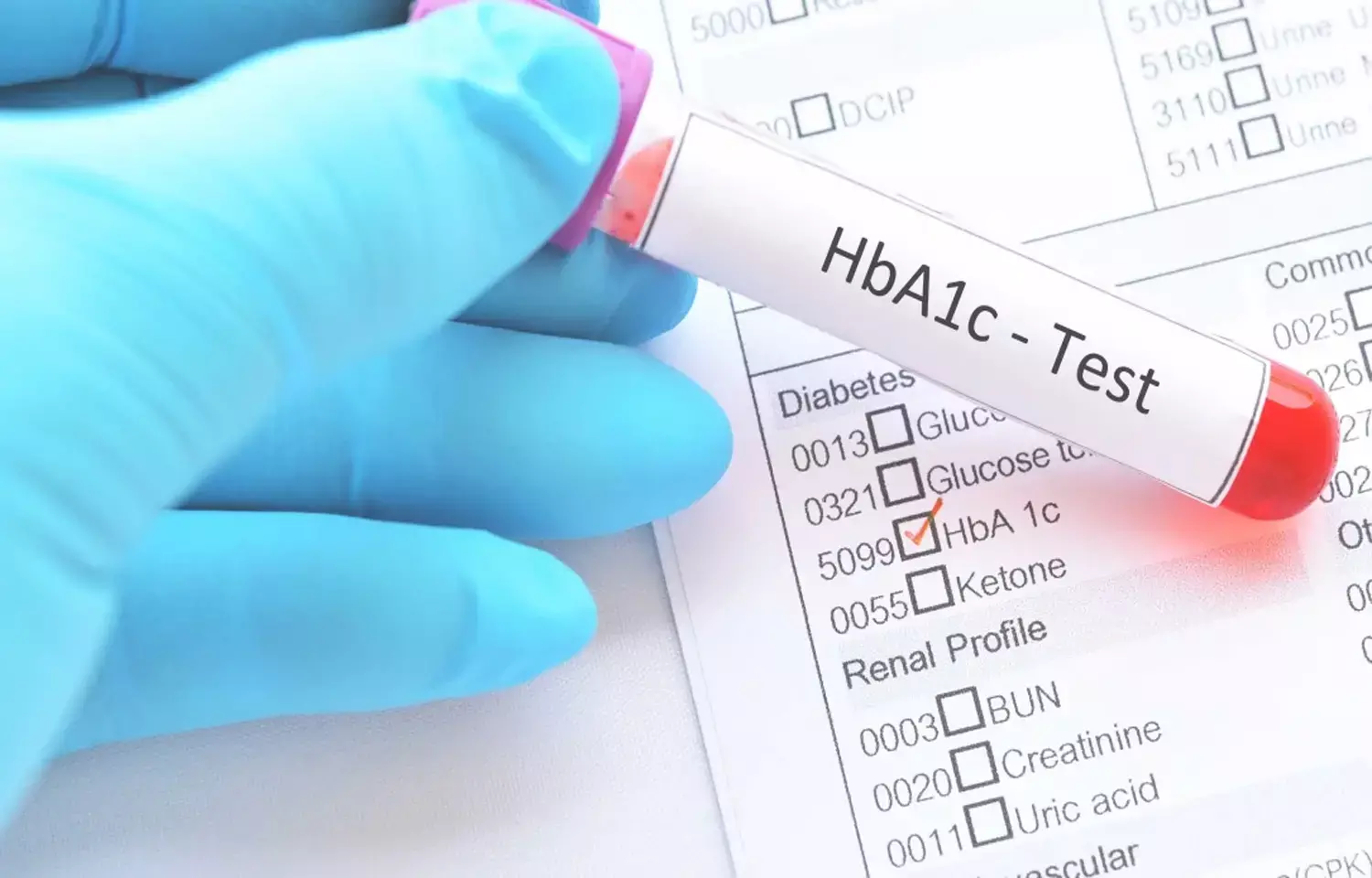- Home
- Medical news & Guidelines
- Anesthesiology
- Cardiology and CTVS
- Critical Care
- Dentistry
- Dermatology
- Diabetes and Endocrinology
- ENT
- Gastroenterology
- Medicine
- Nephrology
- Neurology
- Obstretics-Gynaecology
- Oncology
- Ophthalmology
- Orthopaedics
- Pediatrics-Neonatology
- Psychiatry
- Pulmonology
- Radiology
- Surgery
- Urology
- Laboratory Medicine
- Diet
- Nursing
- Paramedical
- Physiotherapy
- Health news
- Fact Check
- Bone Health Fact Check
- Brain Health Fact Check
- Cancer Related Fact Check
- Child Care Fact Check
- Dental and oral health fact check
- Diabetes and metabolic health fact check
- Diet and Nutrition Fact Check
- Eye and ENT Care Fact Check
- Fitness fact check
- Gut health fact check
- Heart health fact check
- Kidney health fact check
- Medical education fact check
- Men's health fact check
- Respiratory fact check
- Skin and hair care fact check
- Vaccine and Immunization fact check
- Women's health fact check
- AYUSH
- State News
- Andaman and Nicobar Islands
- Andhra Pradesh
- Arunachal Pradesh
- Assam
- Bihar
- Chandigarh
- Chattisgarh
- Dadra and Nagar Haveli
- Daman and Diu
- Delhi
- Goa
- Gujarat
- Haryana
- Himachal Pradesh
- Jammu & Kashmir
- Jharkhand
- Karnataka
- Kerala
- Ladakh
- Lakshadweep
- Madhya Pradesh
- Maharashtra
- Manipur
- Meghalaya
- Mizoram
- Nagaland
- Odisha
- Puducherry
- Punjab
- Rajasthan
- Sikkim
- Tamil Nadu
- Telangana
- Tripura
- Uttar Pradesh
- Uttrakhand
- West Bengal
- Medical Education
- Industry
HbA1c level positively correlated with coronary atherosclerosis lesions: Study

China: The higher the HbA1c level, the more is the severity of coronary atherosclerotic lesions and the worse prognosis in diabetes with acute coronary syndrome (ACS), says a recent study published in Computational and Mathematical Methods in Medicine. The study showed a positive correlation of HbA1c level with the extent of coronary atherosclerosis lesions and the prognosis of diabetes with ACS.
The gold standard indicator for monitoring blood glucose is HbA1c levels indicative of the average level of blood glucose over 3 months. There is no clear understanding of the relationship between HbA1c level and coronary atherosclerosis lesions or the prognosis of diabetes with ACS.
Against the above background, Birong Zhou, Department of Cardiology, The First Affiliated Hospital of Anhui Medical University, Hefei, China, and colleagues aimed to explore whether HbA1c level can evaluate the extent of coronary atherosclerosis lesions or the prognosis in diabetes with ACS. The researchers used the SYNTAX score, the Global Registry of Acute Coronary Events (GRACE) score, left ventricular function (LVEF), left ventricular end-diastolic volume (LVEDV), and major adverse cardiac events (MACEs) in the hospital and 12 months after discharge were used as the evaluation indicators.
A prospective, randomized, open-label, and parallel-group study was conducted. Recruitment was done of diabetes patients with ACS. All the participants were divided into two groups according to HbA1c level: HbA1c level ≤ 7%group and HbA1c level > 7%group.
The enrollment was done of 233 patients with diabetes and ACS and assigned to two groups according to HbA1c level: the HbA1c ≤ 7%group (n = 92) and the HbA1c > 7%group (n = 141).
The study led to the following findings:
- The results showed that the proportion of STEMI was higher in the HbA1c ≤7% group, while the proportion of NSTEMI has not significantly higher in the HbA1c >7% group.
- Regression analysis indicated that HbA1c level was significantly positively correlated with GRACE score (r = 0.156, F = 5.784, n = 233) and SYNTAX score (r = 0.237, F = 13.788, n = 233), and there were no statistically significant differences in LVEDV and LVEF between the two groups.
- The total MACEs rate showed no significant difference between the two groups during hospitalization but showed significant differences at 12 months after discharge.
"Our findings demonstrated that the HbA1c level was positively correlated with the SYNTAX score, GRACE score, and total MACEs at 12 months after discharge in diabetes patients with ACS," the authors concluded.
"The higher the HbA1c level, the more severe the coronary atherosclerotic lesion and the worse the prognosis in diabetes with ACS," they wrote.
Reference:
Shaodong Xu, Birong Zhou, Bingfeng Zhou, Jianfa Zheng, Qinghe Xu, Bing Wang, Minmin Fu, Ying Meng, "The Level of HbA1c Evaluates the Extent of Coronary Atherosclerosis Lesions and the Prognosis in Diabetes with Acute Coronary Syndrome", Computational and Mathematical Methods in Medicine, vol. 2022, Article ID 7796809, 8 pages, 2022. https://doi.org/10.1155/2022/7796809
Dr Kamal Kant Kohli-MBBS, DTCD- a chest specialist with more than 30 years of practice and a flair for writing clinical articles, Dr Kamal Kant Kohli joined Medical Dialogues as a Chief Editor of Medical News. Besides writing articles, as an editor, he proofreads and verifies all the medical content published on Medical Dialogues including those coming from journals, studies,medical conferences,guidelines etc. Email: drkohli@medicaldialogues.in. Contact no. 011-43720751


